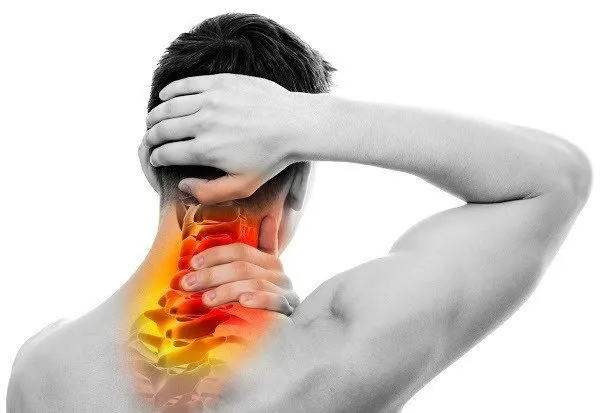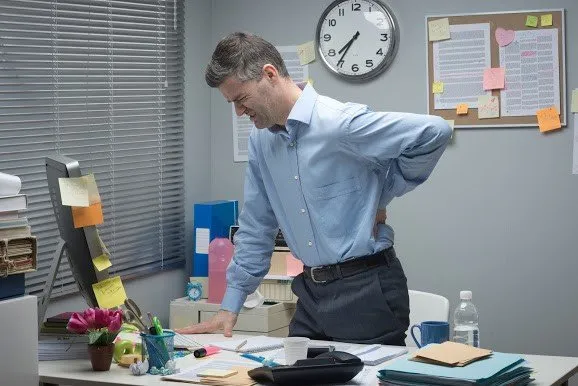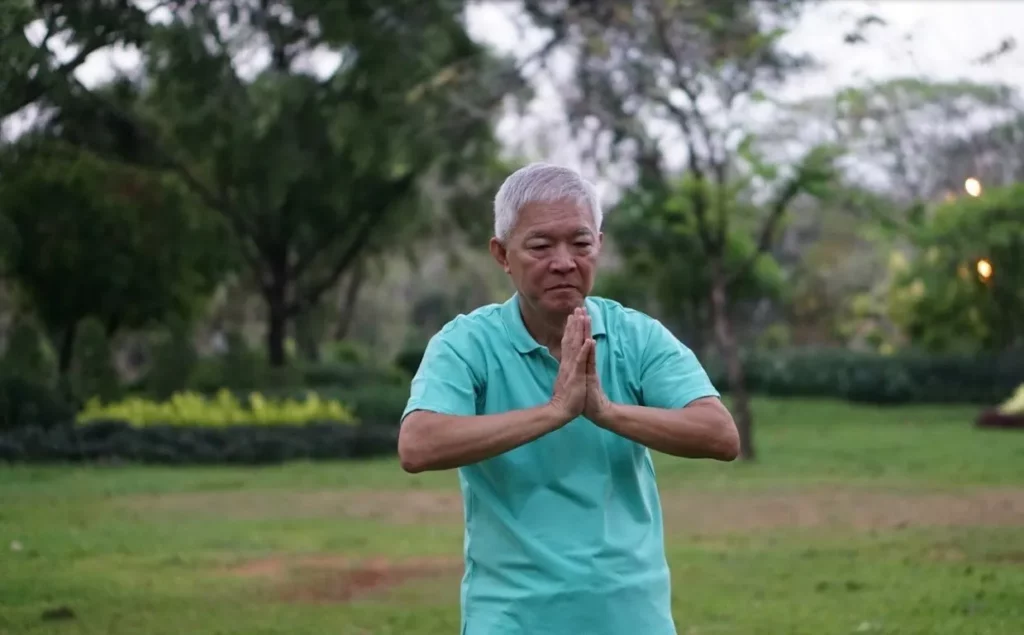Excellence in Rheumatology Care since 1977. Accepting New Patients
Jun 29, 2019
If you have been living with arthritis or another condition related to your bones, you know that the risks associated with falls and fractures can be quite frightening. Fractures can be much harder on individuals who have these conditions, so preventing falls and other injuries is important. Continue reading to learn some information about falls, injuries, and how to avoid both of them.
Why Is Avoiding Falls so Important?
For seniors and those with conditions related to the bones, falling poses a serious health risk. While children can break their bones and experience very little lifelong repercussions, seniors who break bones face much more severe consequences to their health. In fact, a fall that results in a broken bone can lead to permanent disability in older people.
Additionally, your risk of falling actually increases as you grow older. Even simple tasks like going for a walk or shopping can seem more stressful when you are dealing with the fear of falls. Individuals with arthritis and conditions like osteoporosis are already coping with medical concerns, and a fall can significantly worsen them.
For example, people with osteoporosis are at a higher likelihood of breaking a bone if he or she falls. Even a small fall that seems insignificant can have devastating consequences for individuals with bone conditions.
What Puts Somebody at Risk for Falls?
Some people are at a higher risk of falls than others. These people lose some motor and sensory sharpness as they age, which means they might miss cues that tell them to step up higher or avoid something sticking out of the sidewalk.
For others, health issues can influence their balance. For example, individuals with diabetes and thyroid issues may fall more often than those without such conditions. Medications can also affect an individual’s balance.
How Can People Reduce Their Risk of Falls?
One of the best things an individual with arthritis or another bone condition can do is wear safe, comfortable shoes. Avoid wearing shoes — like any with higher heels — that require more balance to stand in. If you are at high risk for falls, look for shoes with non-slip or non-skid soles.
Maintaining a strong exercise routine is another great way to increase flexibility and balance, reducing your chances of a fall or an injury. Check with your doctor to ensure that your workout routine is safe for you, especially if you have a condition like arthritis or osteoporosis.
Reducing your intake of certain substances also can help prevent you from falling. Alcohol intake can increase your chance of falling, especially if you become drunk because that can make you less stable on your feet.
Keeping your bones strong may not prevent you from falling, but it can prevent your bones from breaking if you do fall. You can strengthen your bones by improving your diet, ensuring that you have a solid and consistent intake of calcium in addition to vitamin D.
You can also strengthen your bones by saying goodbye to smoking cigarettes. Cigarettes are not only bad for your lungs, but they can also worsen conditions like osteoporosis.
Finally, you can reduce your risk of falls by checking with a professional who understands your medications and the potential health changes you may have experienced recently. Have your eyesight and hearing checked regularly. If you have arthritis or another condition related to your bones, have a specialist you trust provide treatment.
The Sarasota Arthritis Center provides healthcare for individuals with arthritis and rheumatic disease. If you want to improve the health of your bones or receive treatment for existing issues, call us now to schedule an appointment with a medical professional who cares. Our Sarasota office can treat your health conditions.

Arthritis and Stress: 4 Things You Need to Know
Arthritis in its many forms represents a major public health challenge, affecting some 54 million Americans (about 23 percent of the U.S. population) according to the CDC.

Back Pain That Won’t Go Away? Get Checked for Spondyloarthritis
You may have heard of osteoarthritis or rheumatoid arthritis, but have you heard of spondyloarthritis?

Arthritis Pain and Symptom Management
If you suffer from arthritis, you want to know about arthritis pain and symptom management. According to the Centers for Disease Control and Prevention (CDC), arthritis is a group of more than 100 different ailments.



We are able to see patients by appointment only. If you need to cancel an appointment, please contact our office at least 24 hours in advance. To expedite the check-in process prior to your appointment, please complete the pre-registration paperwork that will be emailed and texted to you through Phreesia. Please bring your insurance cards, method of payment, and identification with you to every appointment.